The NICHD-hosted pediatric endocrinology fellowship is an Accreditation Council for Graduate Medical Education (ACGME)-accredited program. This unique fellowship combines exceptional clinical and research training in pediatric endocrinology over the course of 3 years.
The fellowship is supported through close collaboration with nearby Children's National Hospital (CNH) and Walter Reed National Military Medical Center (WRNMMC).
Individuals with Internal Medicine/Pediatrics training can also be considered for a combined, 4-year dual program in Adult/Pediatric Endocrinology training.
Ideally, applicants should be board-eligible in pediatrics prior to starting the program. In general, successful applicants are either currently enrolled in or will have completed a three-year residency in an approved pediatrics training program within the United States. However, applicants without US residency training may be considered if they have completed pediatric training in their home countries and have passed US medical licensing (USMLE) and English language (TOEFL) examinations.
Fellows may be sponsored on visas. Such fellows will need to have completed the necessary exams and training, as well as work efficiently with the administrative staff to submit the required application documentation for sponsorship. We encourage interested candidates needing visa sponsorship – including H-1B, J-1, O-1, or other visa classification – to communicate with the fellowship program coordinator office proactively and transparently, ahead of and during the ERAS/interview process. It is expected that these communications will include all essential information related to current and future work authorization.

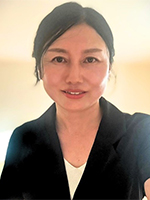
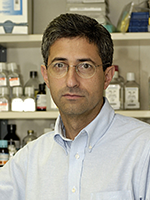
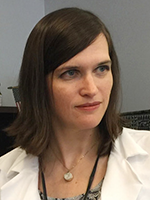
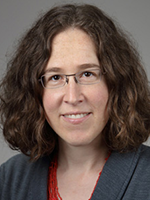
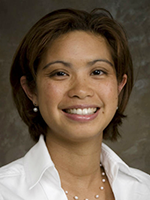

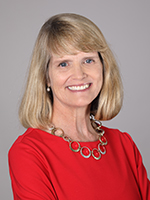
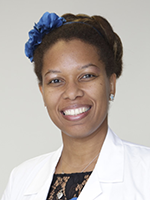
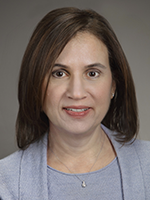
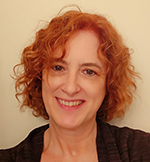
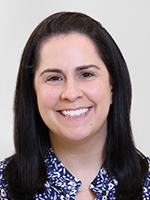
 BACK TO TOP
BACK TO TOP